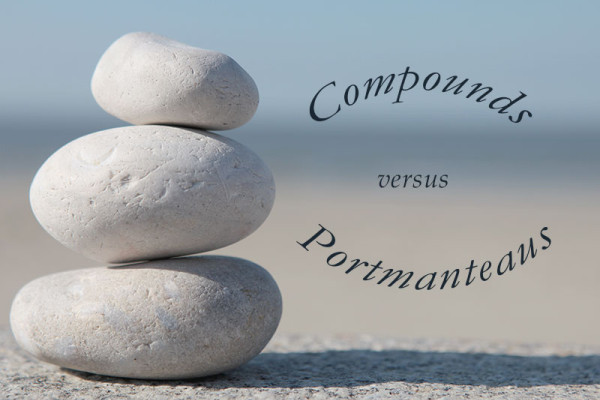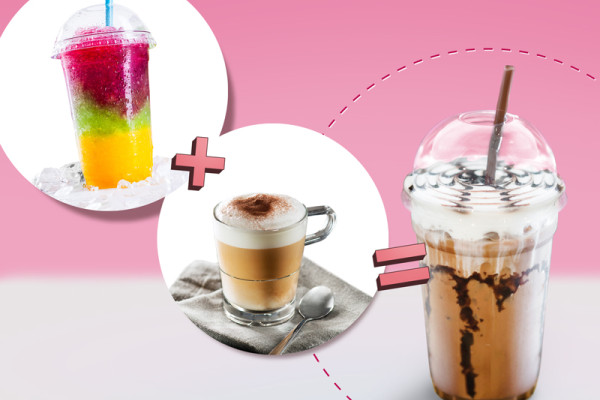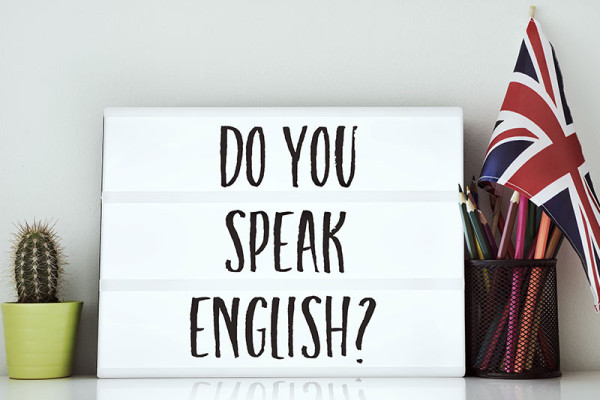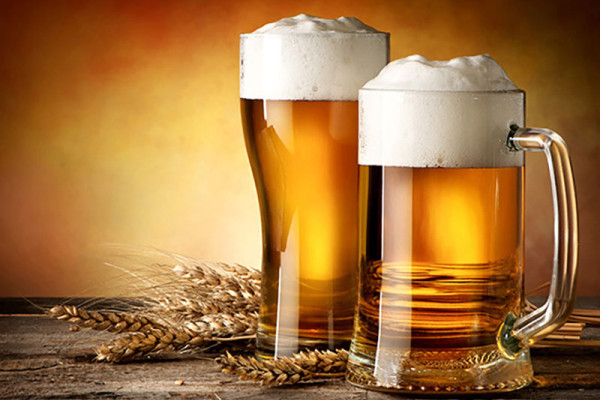La contribución de Shakespeare al idioma inglés
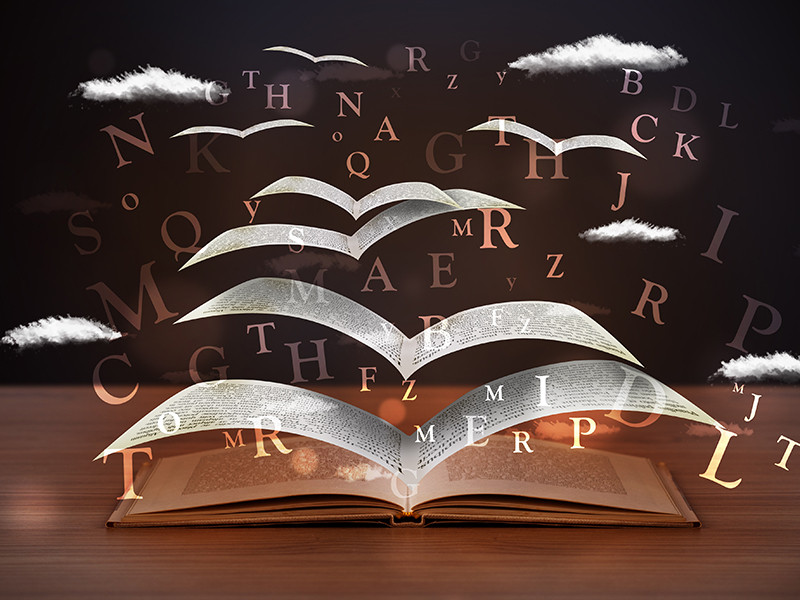
William Shakespeare es considerado el escritor más importante en lengua inglesa de la historia, prueba de ello es que en muchas ocasiones nos referimos al inglés como “la lengua de Shakespeare”.
Este prolífico dramaturgo, poeta y actor, escribió tragedias, comedias y obras históricas y utilizó más de 28000 palabras distintas. Tenía un amplio vocabulario y además, creó muchísimas palabras nuevas, o al menos eso parece.
No se sabe si estas palabras ya existían en el lenguaje habitual o fueron invención suya, pero lo que sí está claro es que el registro más antiguo de estas palabras está precisamente en las obras de Shakespeare.
Se dice que creó entre 1700 y 2000 palabras nuevas a través de la unión de palabras, transformando sustantivos en verbos, transformando verbos en adjetivos y añadiendo prefijos y sufijos a palabras ya existentes.
Pero no solo inventó nuevos vocablos, también creó expresiones que todavía hoy en día se siguen utilizando. Veamos algunas en función de la obra.
HAMLET
1. Clothes make the man. La ropa hace al hombre.
What are you going to wear to the interview? You know that clothes make the man.
¿Qué vas a llevar a la entrevista? Ya sabes que la ropa hace al hombre.
2. In my heart of hearts. En el fondo de mi corazón.
In my heart of hearts I knew something was wrong.
En el fondo de mi corazón sabía que algo no iba bien.
3. My own flesh and blood. De mi propia sangre.
I will help you in any way I can, after all you are my own flesh and blood.
Te ayudaré en todo lo que pueda, después de todo eres de mi propia sangre.
MACBETH
1. Come what may. Pase lo que pase, sea como sea.
I'm going to get tickets to the concert come what may.
Voy a conseguir entradas para el concierto pase lo que pase.
2. What’s done is done. Lo hecho, hecho está.
What's done is done. Learn from your mistakes and move on.
Lo hecho, hecho está. Aprende de los errores y sigue adelante.
3. The be-all and end-all. Lo más importante, lo principal.
For my teenage daughter, her friends are the be-all and end-all of her life right now.
Para mi hija adolescente, sus amigos son lo más importante de su vida en este momento.
EL MERCADER DE VENECIA
1. The truth will out. La verdad saldrá a la luz.
There is no point in hiding what happened because the truth will out sooner or later.
No tiene sentido ocultar lo que pasó porque la verdad saldrá a la luz tarde o temprano.
2. Love is blind. El amor es ciego.
If you are in love you only see the best in the other person. It is true that love is blind.
Si uno está enamorado solo ve lo mejor de la otra persona. Es cierto que el amor es ciego.
3. Wait with bated breath. Esperar con la respiración contenida.
She is waiting for the reply from university with bated breath.
Está esperando la respuesta de la universidad con la respiración contenida.
JULIO CÉSAR
1. It's all Greek to me. Me suena a chino.
All this technical language is all Greek to me.
Todo este lenguaje técnico me suena a chino.
2. To be made of sterner stuff. No ser tan blandengue.
She finally decided not to complain. I thought she was made of sterner stuff.
Finalmente decidió no quejarse. Pensaba que no era tan blandengue.
3. A dish fit for the Gods. Un plato digno de los dioses.
You've excelled yourself this time! This cake is a dish fit for the gods.
¡Esta vez te has superado! Este pastel es un plato digno de los dioses.
LA TEMPESTAD
1. To be in a pickle. Estar en un aprieto/apuro.
I am in a pickle. I have deleted some important documents by accident.
Estoy en un aprieto. He borrado unos documentos importantes sin querer.
2. To vanish into thin air. Esfumarse/desaparecer.
When the police arrived at the bank, the thieves had vanished into thin air.
Cuando la policía llegó al banco, los ladrones se habían esfumado.
3. Fair play. Juego limpio.
Fair play is essential in any competition.
El juego limpio es esencial en cualquier competición.
COMO GUSTÉIS
1. To have seen better days. Haber visto días mejores.
I know you love these shoes, but they've seen better days. You should get new ones.
Sé que te encantan estos zapatos, pero han visto días mejores. Deberías comprar unos nuevos.
2. Too much of a good thing. Un exceso de algo bueno.
Too much of a good thing can have a negative effect.
Un exceso de algo bueno puede tener un efecto negativo.
3. Neither here nor there. No tener importancia. No venir al caso.
I don't like his proposal, but that is neither here nor there, as my opinion will not affect his decision.
No me gusta su propuesta, pero eso no tiene importancia, ya que mi opinión no afectará a su decisión.
LA COMEDIA DE LOS ERRORES
1. No rhyme or reason. Ni pies ni cabeza.
There is no rhyme or reason to what you are saying.
Lo que dices no tiene ni pies ni cabeza.
2. There is something in the wind. Algo se está cociendo.
They have been meeting for three hours. There is something in the wind.
Llevan tres horas reunidos. Algo se está cociendo.
3. It’s high time. Ya va siendo hora.
It's high time you tidied up your room!
¡Ya va siendo hora de que ordenes tu habitación!
OTHELLO
1. Foregone conclusión. Dar por hecho. Ser inevitable. Estar cantado. Estar claro.
It's a foregone conclusion that he will win the tennis match.
Se da por hecho que ganará el partido de tenis.
2. Wear your heart on your sleeve. Mostrar tus sentimientos.
It's easy to know how she feels as she always wears her heart in her sleeve.
Es fácil saber cómo se siente, ya que siempre muestra sus sentimientos.
3. To have the green-eyed monster. Tener celos.
He's got the green-eyed monster because I've been promoted.
Está celosa porque me han ascendido.
Artículos relacionados
1 comentario
Sherbano Essa
dice:
Añadir comentario
